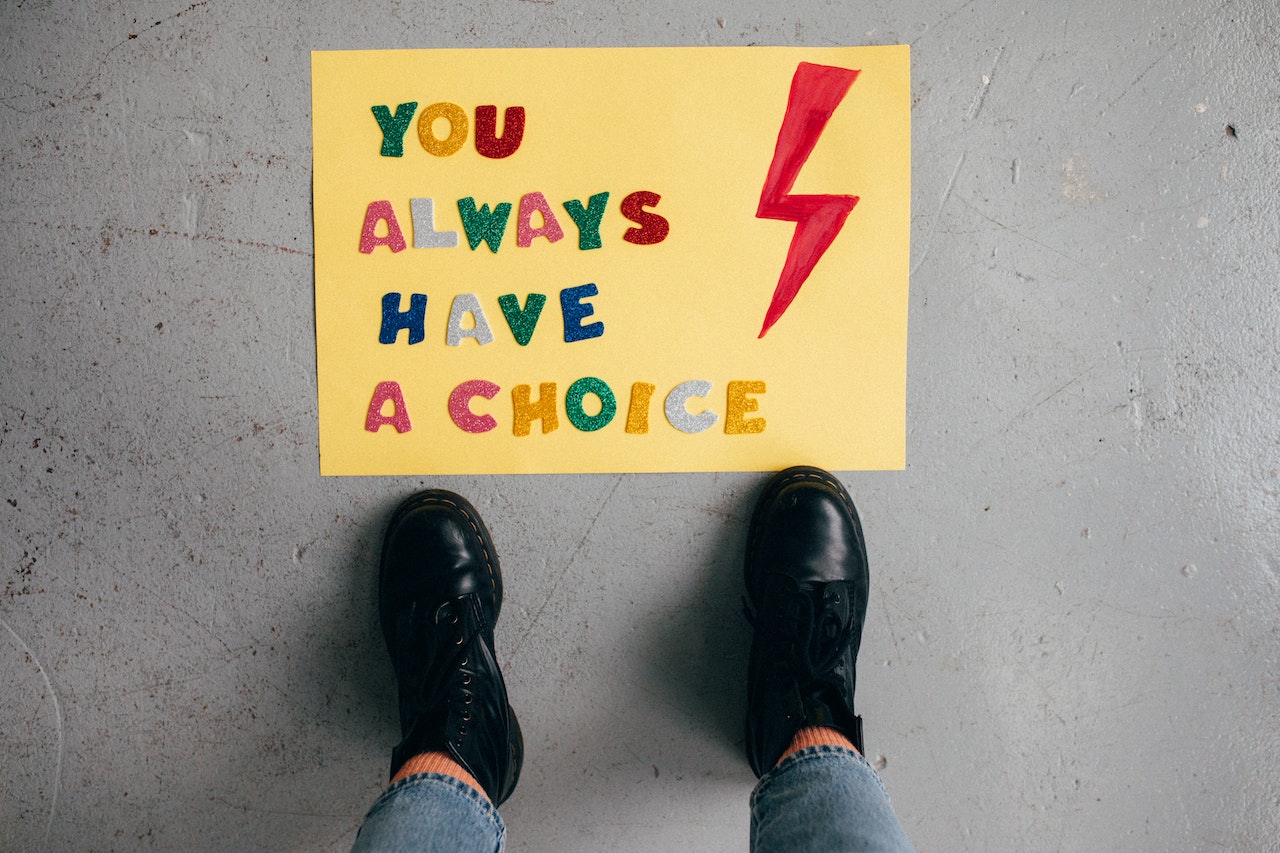‘Have’ and ‘Has’ Usage for A1/A2 Level English Learners

Are you an A1 level English learner looking to build a strong foundation in English grammar? Understanding “have” and “has” usage is essential. In this blog post, we’ll focus on this fundamental aspect of English grammar to help you confidently use these words in your sentences.
Understanding ‘Have’ and ‘Has’
To begin, let’s break down the basic usage of “have” and “has.” These two words are integral to expressing possession or ownership. Here’s how they are used:

Positive Statements with ‘have’ and ‘has’ usage
When you want to indicate ownership or possession in a positive sentence, you use “have” or “has” followed by the object:
- I have a book. (I own a book.)
- She has a cat. (She owns a cat.)
Negative Statements with ‘have’ and ‘has’usage
To form a negative sentence, you simply add “not” after “have” or “has.” Here’s how it works:
- I do not have a book. (I don’t own a book.)
- He does not have a cat. (He doesn’t own a cat.)
Asking Questions
Creating questions with “have” and “has” is straightforward. You invert the subject and “have” or “has”:
- Do you have a book?
- Does she have a cat?
Contractions
In casual conversations, English speakers often use contractions. Here’s how they work with “have” and “has”:
- I don’t have a book.
- Does she have a cat?
Conclusion
Mastering the usage of “have” and “has” is a crucial step for A1 level English learners. These words are essential for expressing ownership and possession in both written and spoken English. By understanding the basic rules we’ve covered here, you’ll be well on your way to building a strong foundation in English grammar.
So, keep practicing, and soon you’ll find yourself using “have” and “has” with confidence in your everyday conversations and writing.
Games are provided by gamestolearnenglish.com



0 Comments